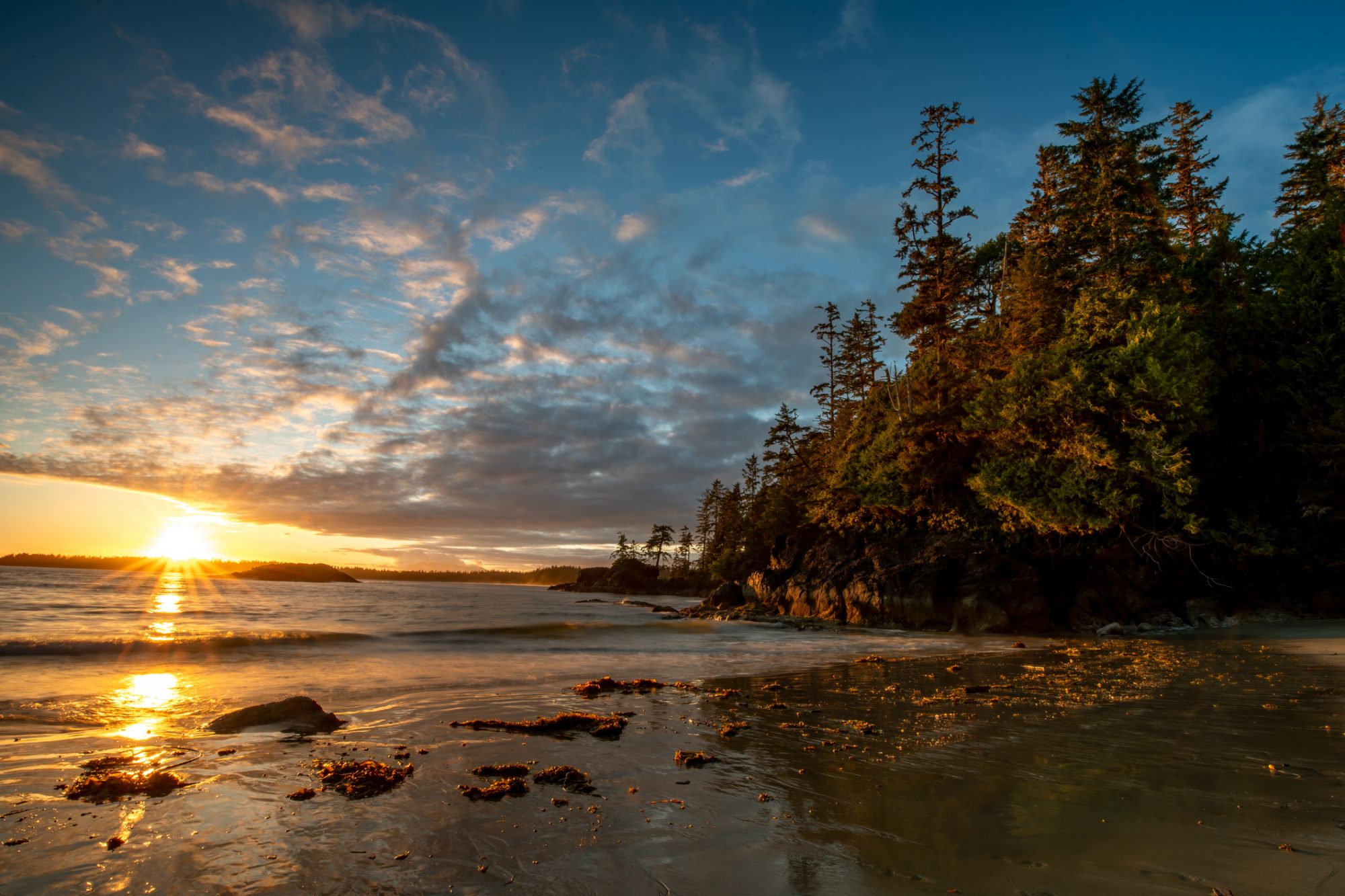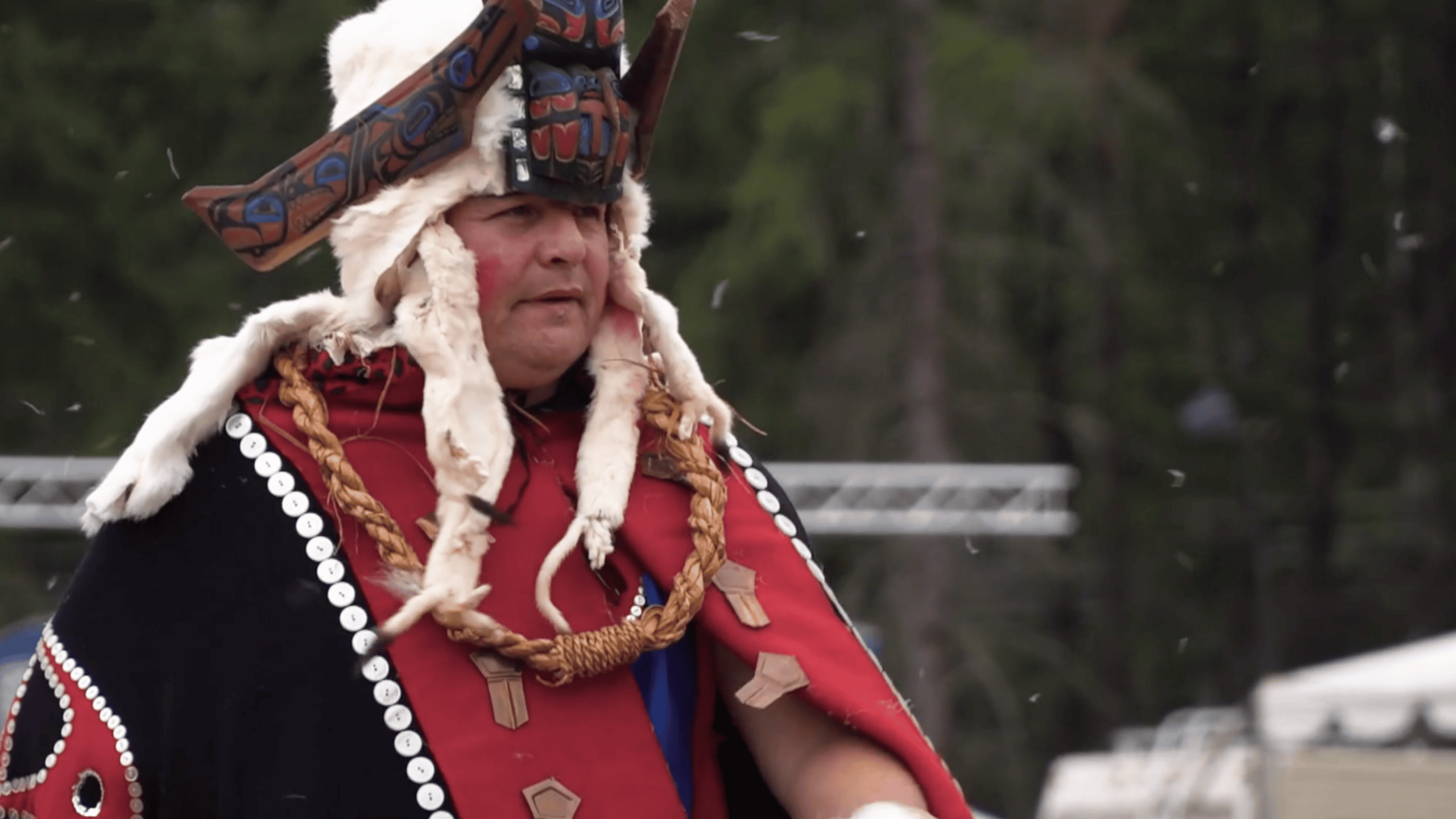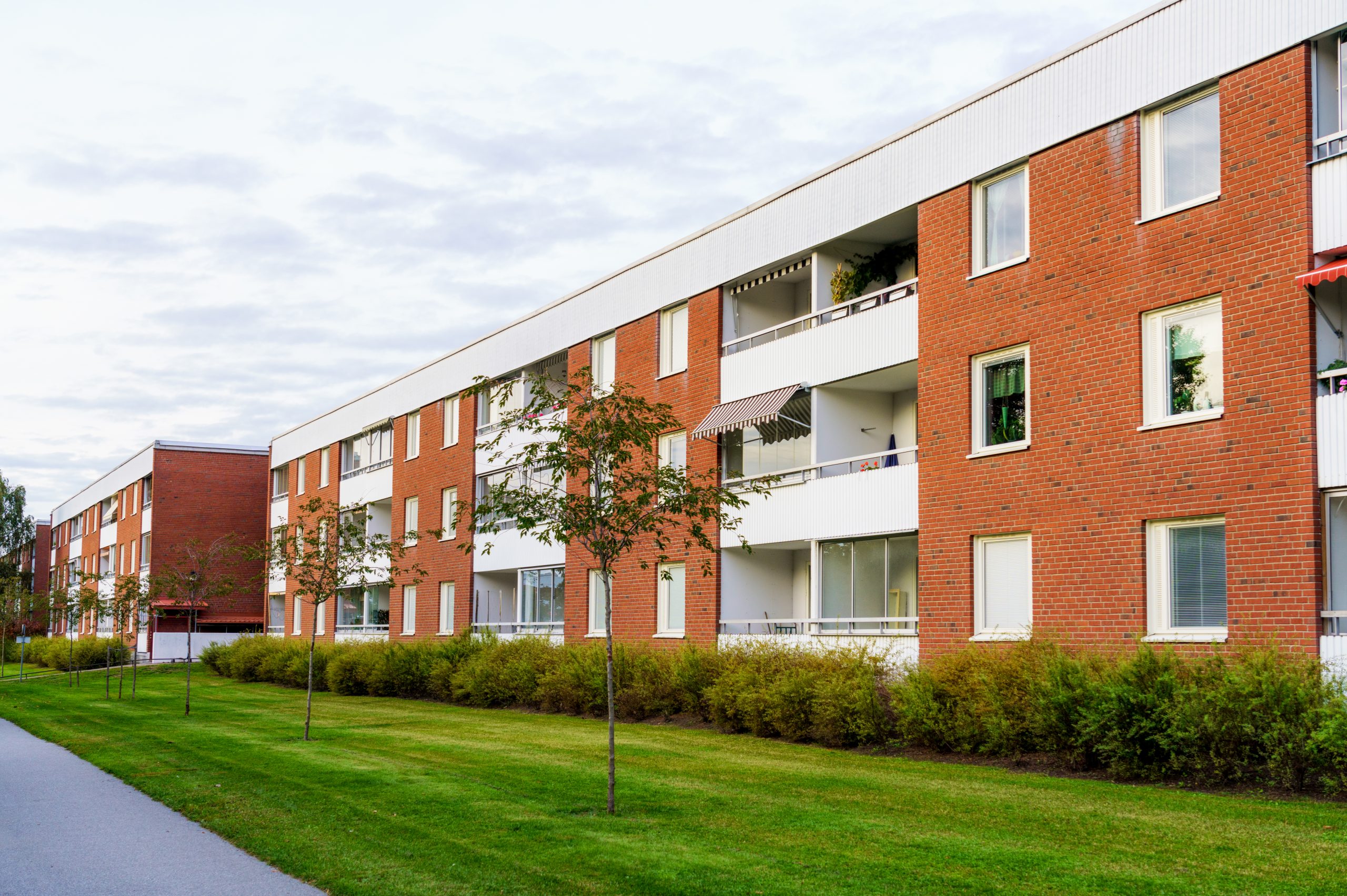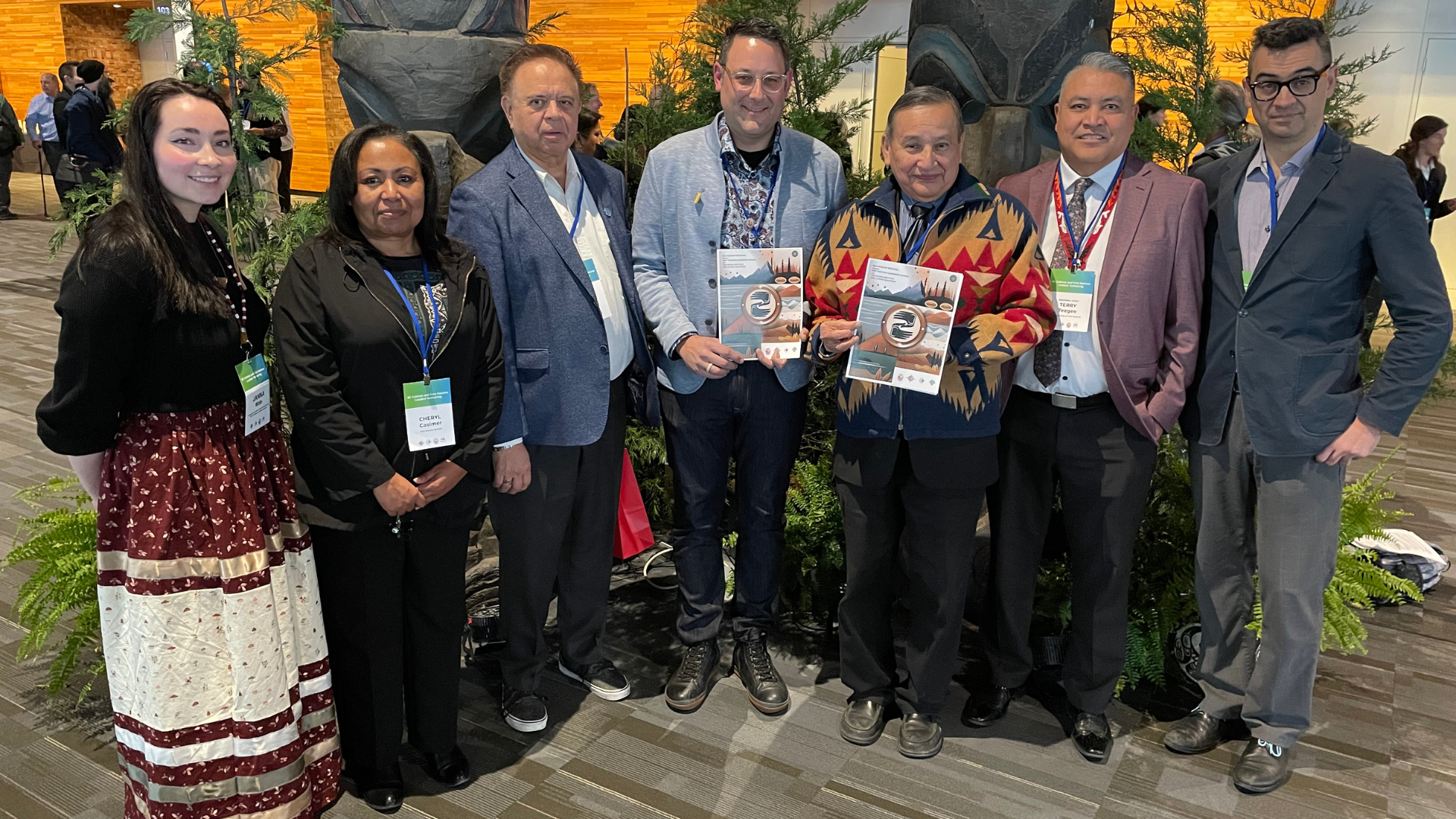By: Christy Ascione
At the end of May, the Living With Water (LWW) research team hosted a final two-day workshop at the Museum of Vancouver, marking the close of a four-year collaboration to re-think what success means in coastal adaptation.
The closing workshop brought together project researchers past and present, community partners, practitioners, policymakers, and academics to reflect on the project’s core question: How do communities on B.C.’s South Coast learn to live with water?
What is Living With Water?
One of the Pacific Institute for Climate Solutions’ largest research projects to date, Living With Water focused on empowering communities to prepare for and adapt to sea level rise and flooding. Specifically, the project developed new decision-making tools that support holistic and community-centred flood adaptations.
Rather than focusing solely on technical solutions like infrastructure and transportation, Living With Water explored what adaptation looks like when it’s grounded in community values. In one workshop activity, participants considered adaptation planning in Vancouver’s False Creek area through a broader lens—one that included not only health, safety, infrastructure, and local economies, but also community, housing, the environment, recreation, and cultural connection.
This kind of values-based approach reshapes both the questions that are asked and the pathways that are imagined, opening space for more just, inclusive, and locally relevant responses to sea level rise. This shift in perspective was echoed throughout the workshop, in discussions about aligning adaptation with lived values and local contexts, and in conversations about the importance of relationship-building and learning from Indigenous knowledge systems.
For many of the graduate students and early-career researchers involved in Living With Water, the experience was transformational; reshaping how they think about adaptation, community engagement, and their own roles within systems of change.
“LWW was a call to action for deep reflection about how we come to know and be in relation to community and the world around us… to sit with discomfort, and to imagine what our shorelines could look like if we take a truly relational approach.”
— Felicia Watterodt, Living With Water Research Assistant
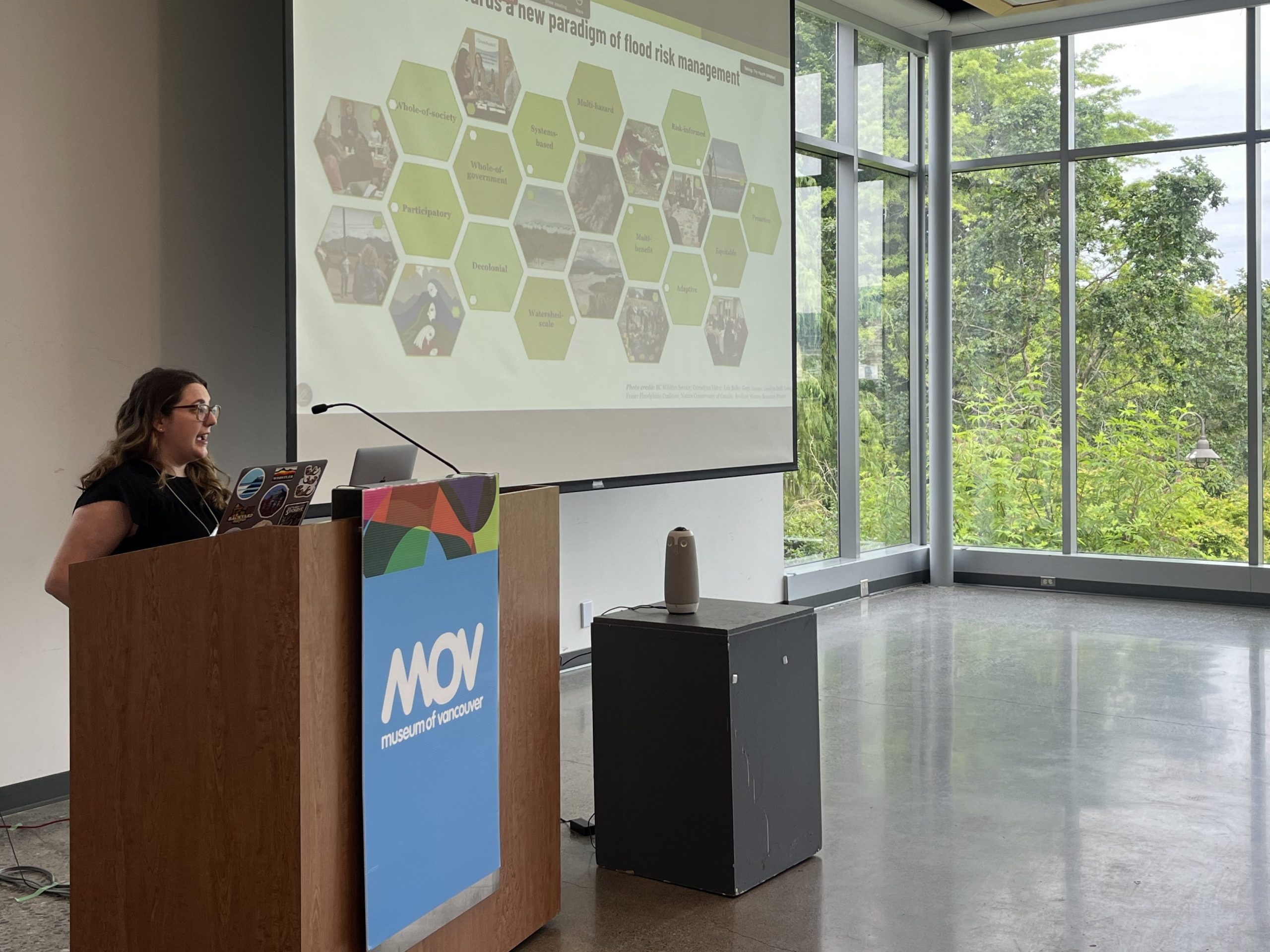
The legacy of Living With Water is not only in its findings, but in its process. It prioritized values, deep listening, and co-learning from the start. From its collaborative design to its emphasis on relationship-building, the project has helped set a new standard for how coastal adaptation research can be done.
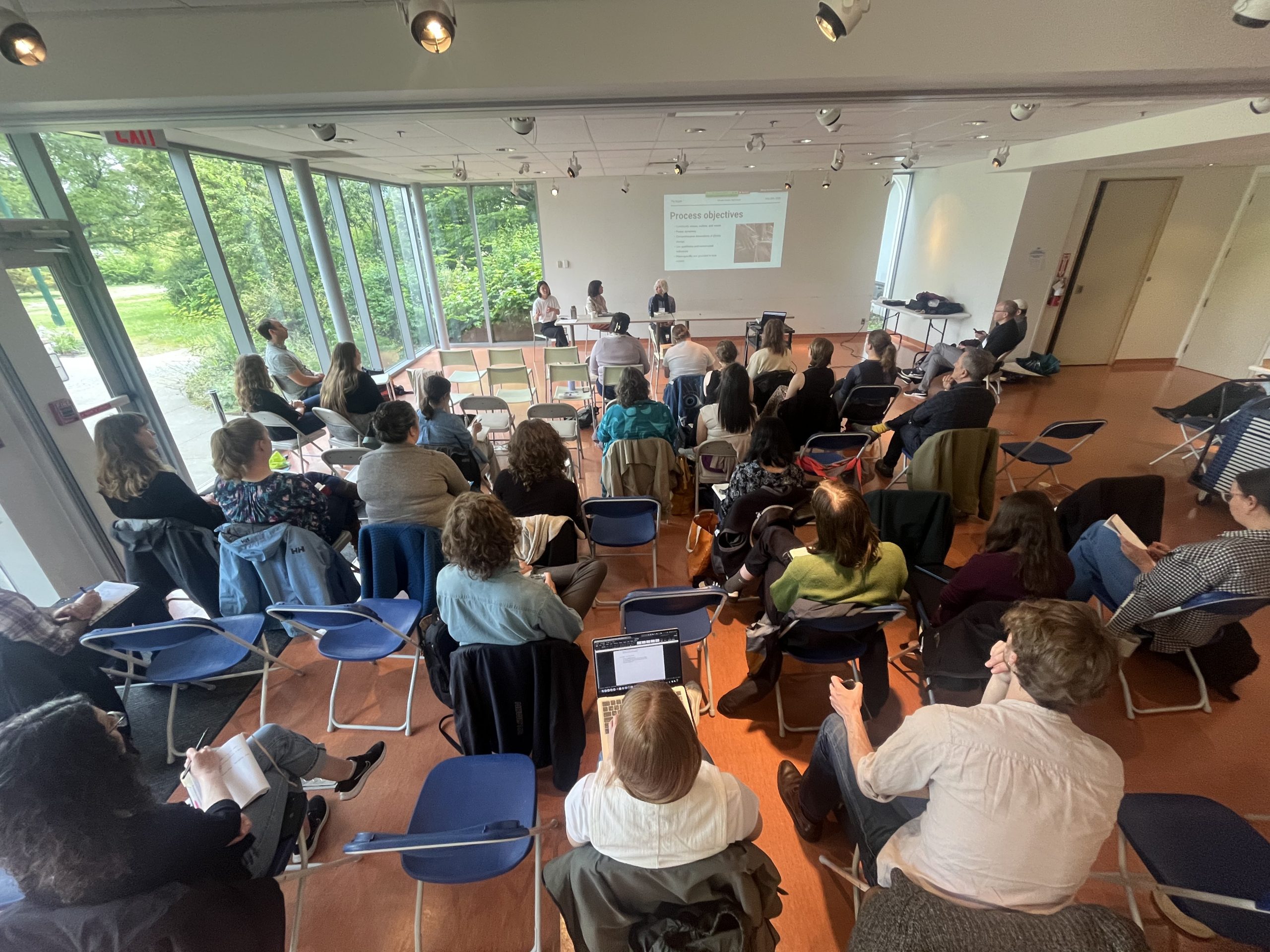
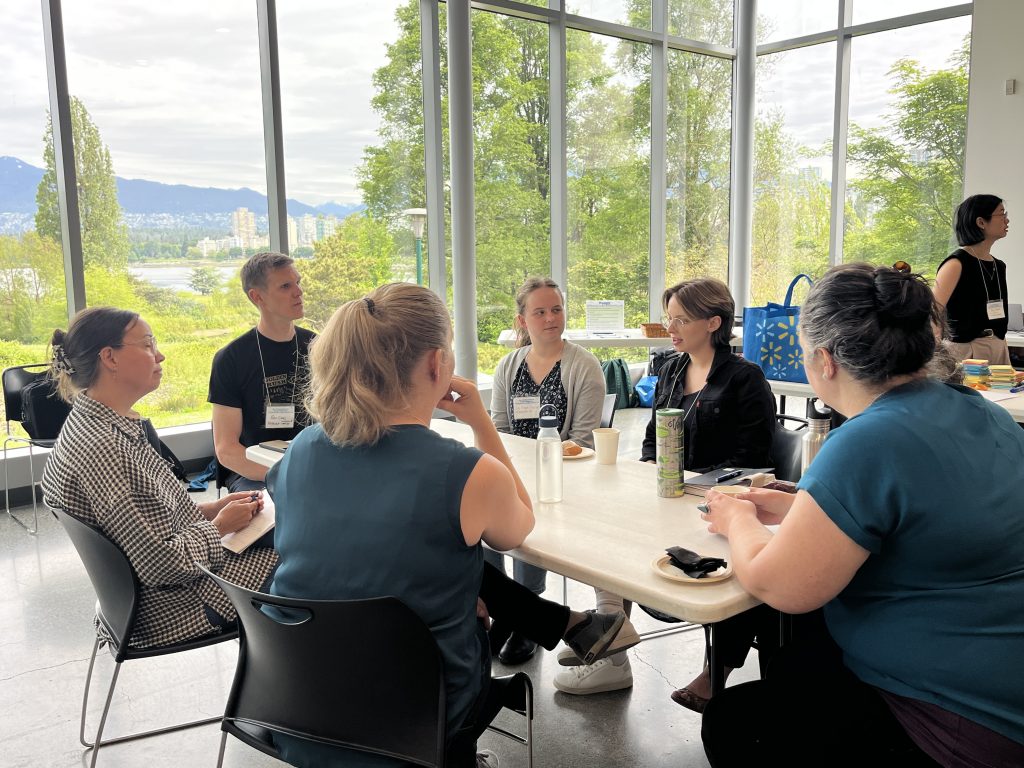
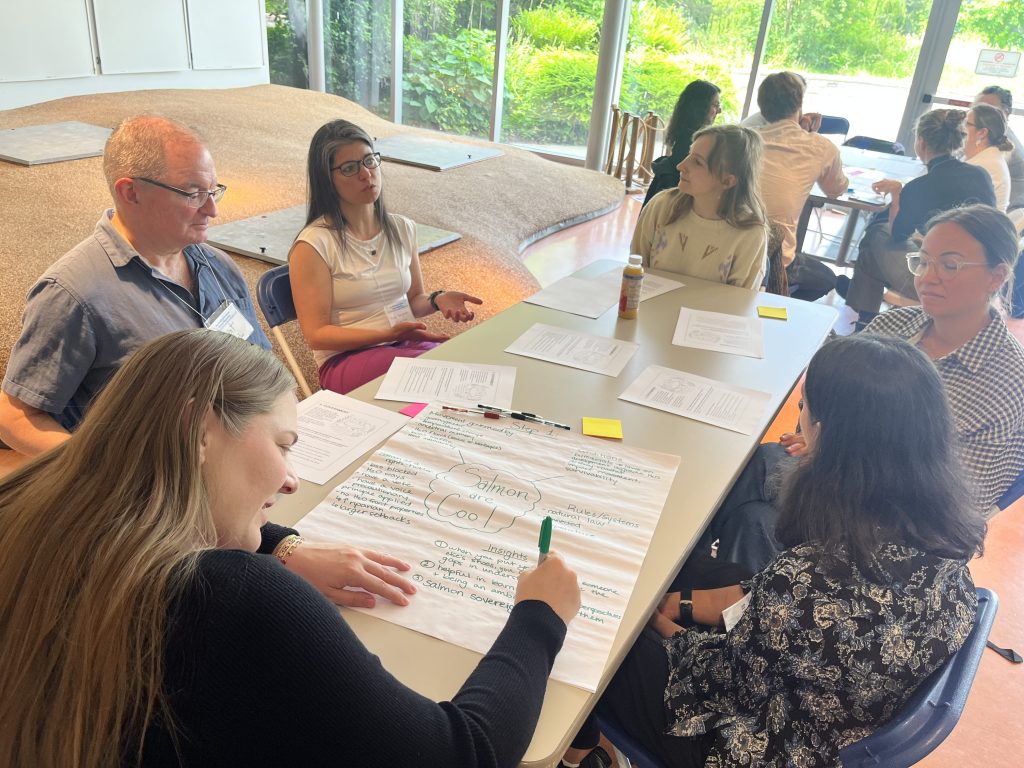
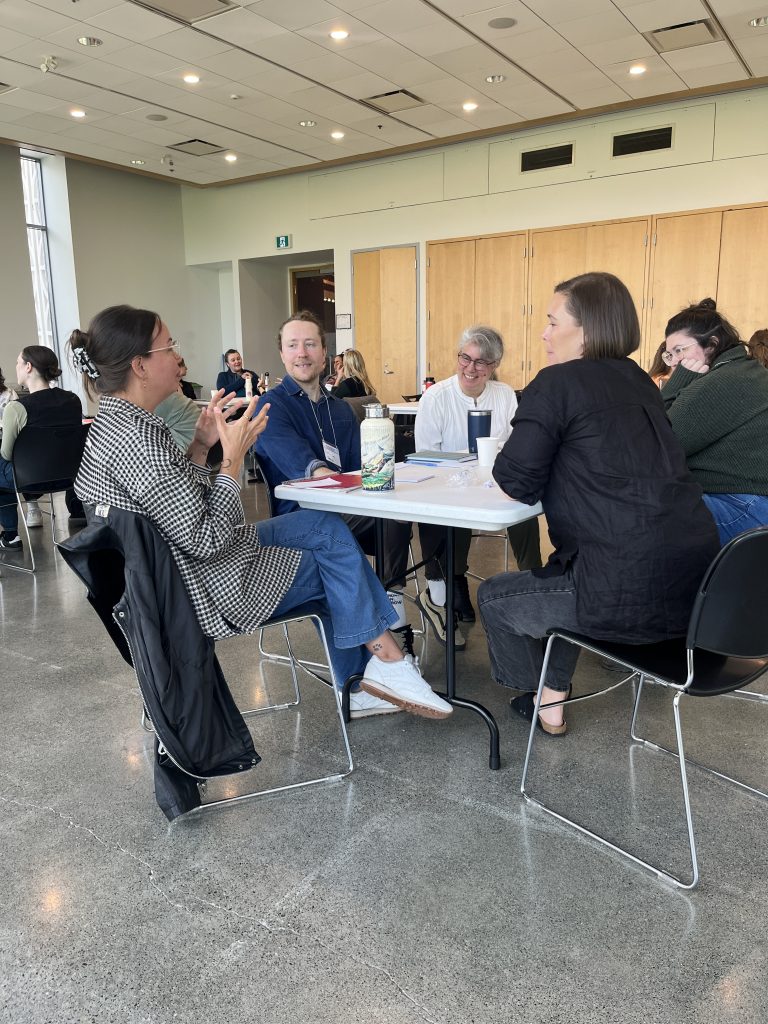
“The Living With Water team has demonstrated that it’s possible to do adaptation work differently, and more meaningfully, by rooting it in shared values and lived experience. That legacy will live on in the projects and partnerships it inspires.”
— Stephanie Cairns, PICS Senior Director of Strategy and Foresight
Stay tuned for final resources and insights from the Living With Water team in the months ahead.
Christy Ascione is a communications specialist with the Pacific Institute for Climate Solutions.
